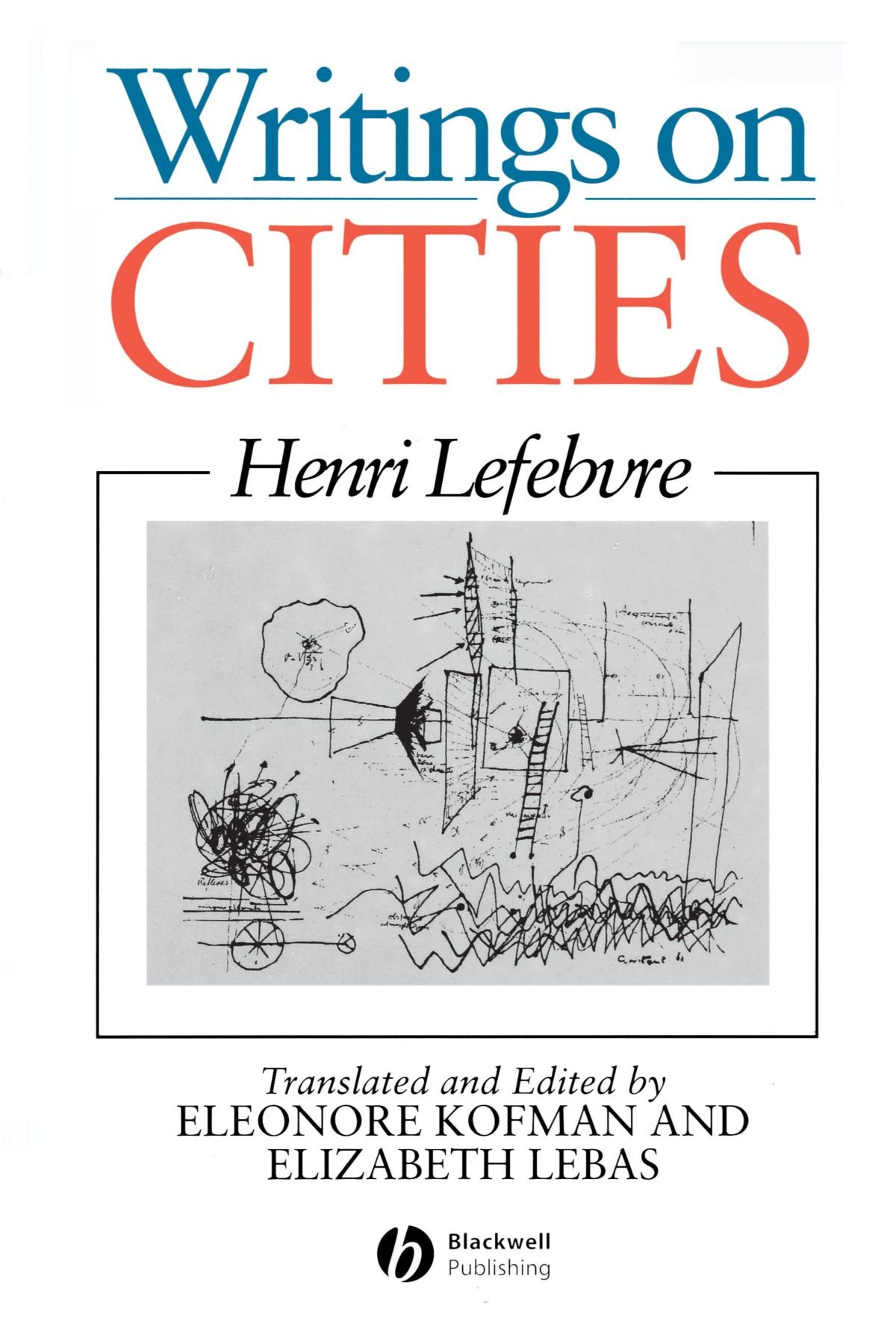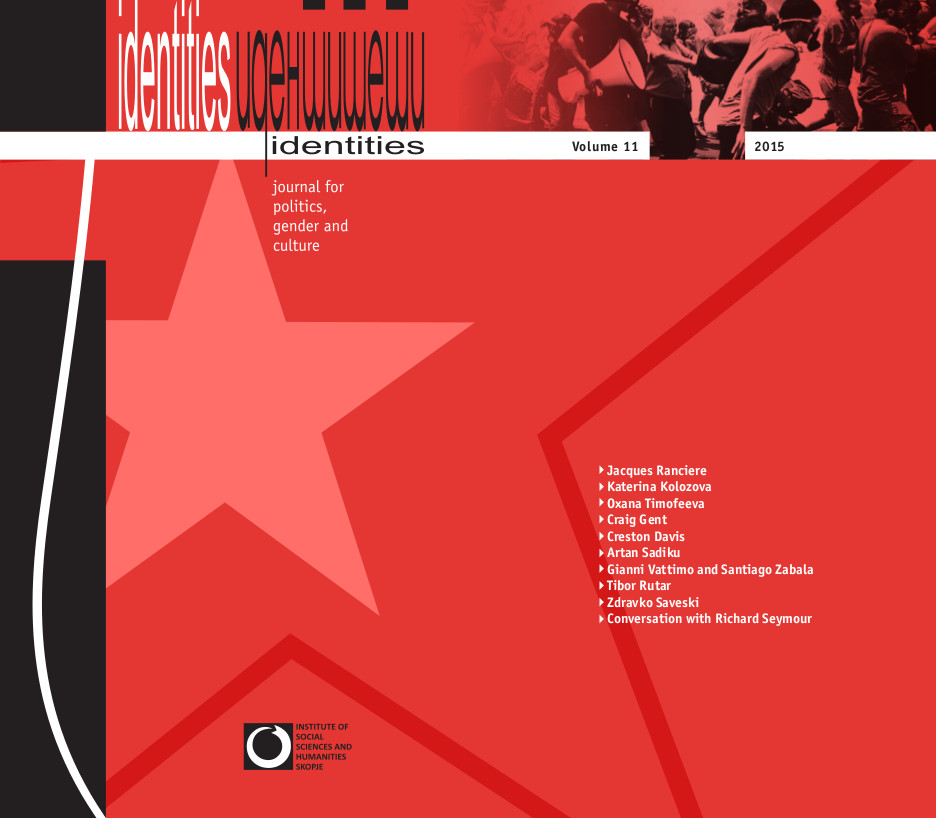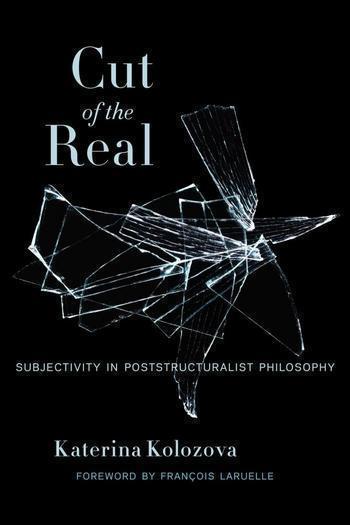Henri Lefebvre: Right to the City (1968–) [FR, ES, EN, BR-PT]
Filed under book | Tags: · city, form, industry, marxism, philosophy, theory, urbanism, utopia

Lefebvre’s highly polemical book on the city was completed in 1967 to commemorate the centenary of the publication of Marx’s Das Kapital, and came out before the events of 1968.
David Harvey wrote about its central thesis: “The right to the city is far more than the individual liberty to access urban resources: it is a right to change ourselves by changing the city. It is, moreover, a common rather than an individual right since this transformation inevitably depends upon the exercise of a collective power to reshape the processes of urbanization. The freedom to make and remake our cities and ourselves is … one of the most precious yet most neglected of our human rights.” (Source)
First published in book form as Le droit à la ville, Anthropos, Paris, 1968.
English edition
Translated and Introduced by Eleonore Kofman and Elizabeth Lebas
Chapter in Writings on Cities
Publisher Blackwell, 1996
ISBN 0631191879
pages 61-181
Wikipedia (EN)
Commentary: Notbored.org (2006).
Le droit à la ville (French, one chapter only, 1967)
El derecho a la ciudad (Spanish, trans. J. Gonzalez-Pueyo, 4th ed., 1969/1978, 38 MB)
Right to the City, in Writings on Cities (English, trans. Eleonore Kofman and Elizabeth Lebas, 1996, ARG)
O direito à cidade (Brazilian Portuguese, trans. Rubens Eduardo Frias, 5th ed., 2001/2008, 5 MB)
For more from Lefebvre see Monoskop wiki.
Comment (0)Identities, Journal for Politics, Gender and Culture, 11: The Future of the Idea of the Left (2015)
Filed under journal | Tags: · capitalism, community, democracy, economy, left, marxism, metaphysics, philosophy, politics, theory

Identities “is a peer reviewed international journal that seeks to serve as a platform for the theoretical production of Southeastern Europe and enable its visibility and an opening for international debate with authors from both the ‘intellectual centers’ and the ‘intellectual margins’ of the world. It is particularly interested in promoting theoretical investigations which see issues of politic, gender and culture as inextricably interrelated.”
With contributions by Jacques Rancière, Katerina Kolozova, Oxana Timofeeva, Craig Gent, Creston Davis, Artan Sadiku, Gianni Vattimo and Santiago Zabala, Tibor Rutar, Zdravko Saveski, and Richard Seymour.
Edited by Katerina Kolozova and Žarko Trajanovski
Publisher Institute of Social Sciences and Humanities, Skopje, 2015
Open Access
ISSN 1857-8616
129 pages
Katerina Kolozova: Cut of the Real: Subjectivity in Poststructuralist Philosophy (2014)
Filed under book | Tags: · deconstruction, feminism, gender, identity, immanence, language, philosophy, poststructuralism, queer theory, race, subject, subjectivity, transcendence

“Following François Laruelle’s nonstandard philosophy and the work of Judith Butler, Drucilla Cornell, Luce Irigaray, and Rosi Braidotti, Katerina Kolozova reclaims the relevance of categories traditionally rendered “unthinkable” by postmodern feminist philosophies, such as “the real,” “the one,” “the limit,” and “finality,” thus critically repositioning poststructuralist feminist philosophy and gender/queer studies.
Poststructuralist (feminist) theory sees the subject as a purely linguistic category, as always already multiple, as always already nonfixed and fluctuating, as limitless discursivity, and as constitutively detached from the instance of the real. This reconceptualization is based on the exclusion of and dichotomous opposition to notions of the real, the one (unity and continuity), and the stable. The non-philosophical reading of postructuralist philosophy engenders new forms of universalisms for global debate and action, expressed in a language the world can understand. It also liberates theory from ideological paralysis, recasting the real as an immediately experienced human condition determined by gender, race, and social and economic circumstance.”
Foreword by François Laruelle
Publisher Columbia University Press, 2014
Insurrections series
ISBN 0231166109, 9780231166102
xvi+184 pages
Review: Maxwell Kennel (Parrhesia, 2015).
Comment (0)
